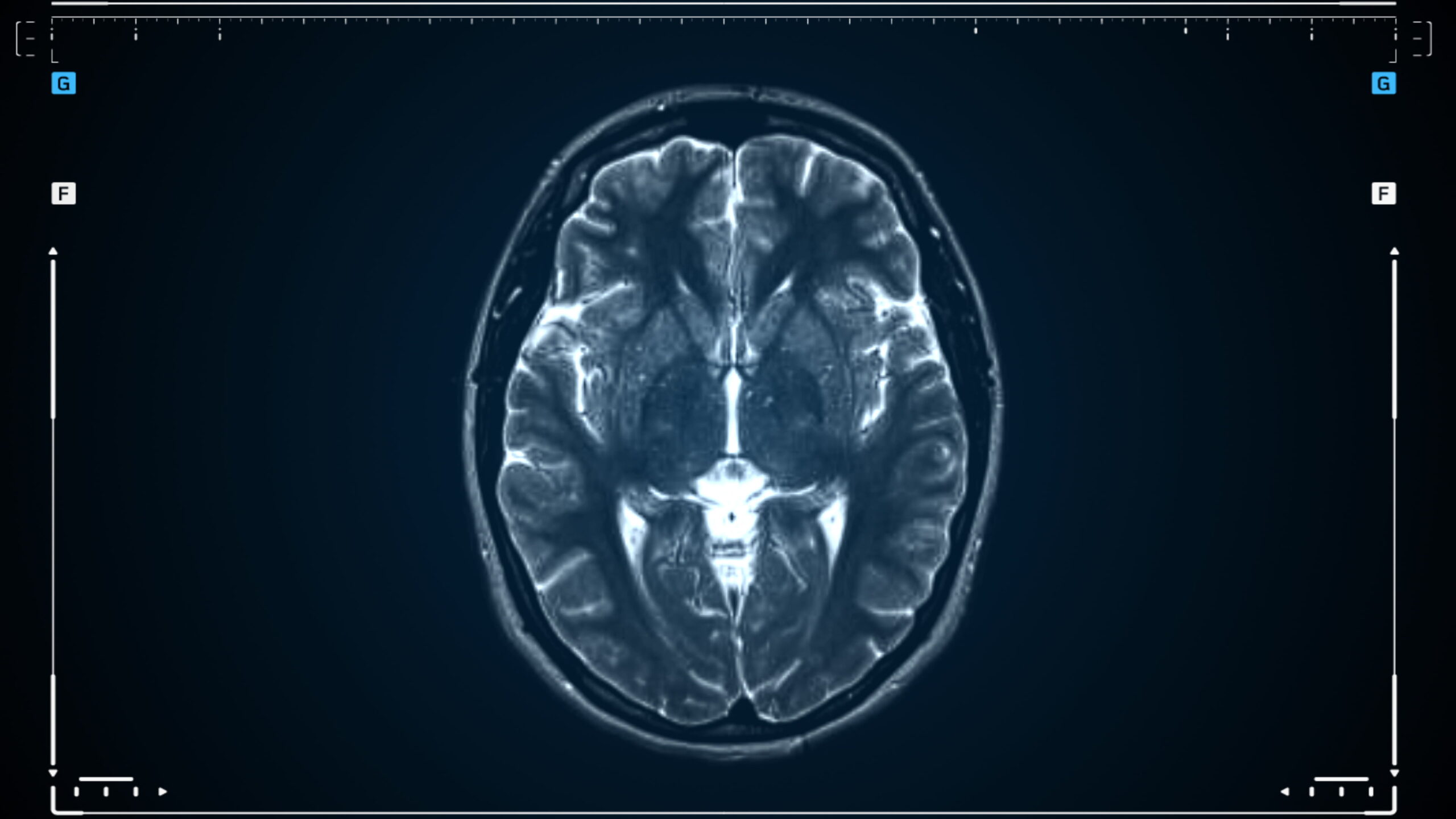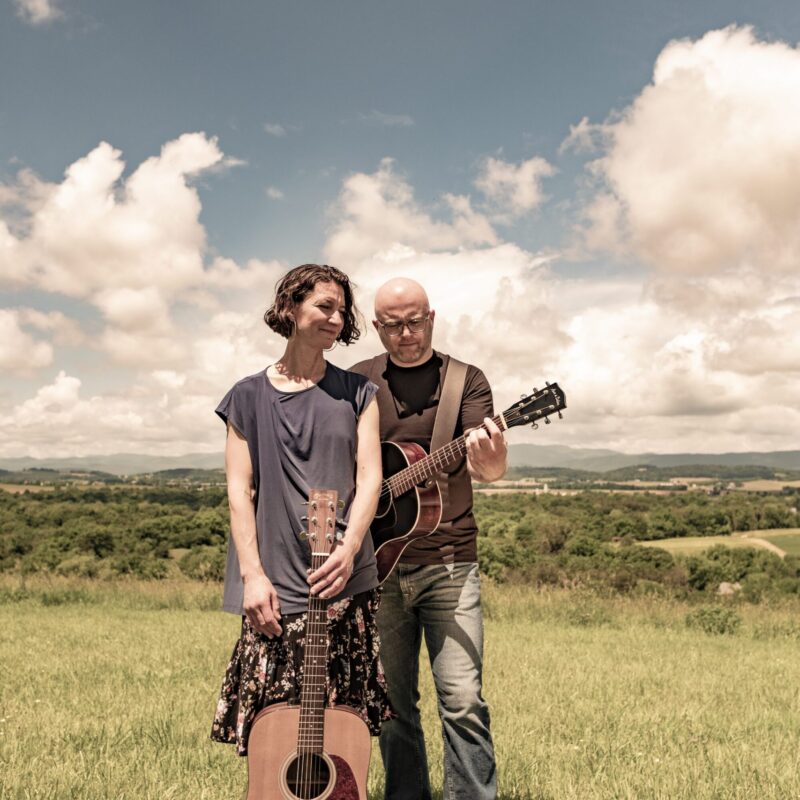Living in a college town comes with challenges (think crosswalks on the Corner between classes). It also comes with wonderful benefits, such as access to the expertise and research of renowned faculty members through UVA Lifetime Learning programs.
What
Participating online in UVA Lifetime Learning’s Meditation, Altered States, and After-Death Communication event.
Why
Interest in the topics and curiosity about the research.
How it went
I learned a lot—and the experience awakened other curiosities.
UVA Lifetime Learning offers in-person and virtual events as well as online resources. I joined a Zoom meeting to hear from J. Kim Penberthy, Ph.D., a faculty member in the Department of Psychiatry and Neurobehavioral Sciences and Division of Perceptual Studies at the university’s School of Medicine. Her research interests include consciousness, psychology at end of life, and the use of mindfulness practices to enhance people’s performance.
Through anecdotal stories about her patients and highlights from her research, Penberthy discussed the effects of meditation. One experience involved a devoutly religious woman with terminal cancer. Her faith helped her make peace with her impending passing, but she worried about her husband of 45 years—that he’d struggle after she passed.
“She was right,” Penberthy said. “About six months after her death, he contacted me. He was very despondent and reported being distracted and not able to function. His distraction was related to yearning for his wife.”
Penberthy works with patients and their families, so she also treated the husband, whom she referred to as John Doe to protect his privacy. After trying several treatments, nothing resolved Doe’s most persistent complaints, and his symptoms revealed that he had prolonged grief disorder. At the heart of his turmoil lurked a persistent worry: He knew how deeply he loved his wife, his high school sweetheart, but he had begun to question if she loved him the same way. That’s when Penberthy decided to teach him how to meditate.
“He was very skeptical. He had never done anything like [meditation] before,” Penberthy said. “He worked very hard, and it did indeed help reduce his distress. I had hypothesized that this would work, based on the research that existed in the literature, and the research that we had done ourselves here at UVA.”
Doe’s meditation practice led to the breakthrough he needed to start to heal in his grief. Another facet of Penberthy’s research is after-death communication and the potential connection between meditation and experiencing the phenomenon. After about six months, Doe contacted Penberthy to let her know that he had an experience that made him feel ready to stop seeing her.
“He was in his regular practice of meditation at the end of the day, again, dealing with this repetitive thought of, ‘Did she love me? Did she love me? Will I ever know?’,” Penberthy said. “He said she came to him—his wife came to him. He said it was a very intimate experience that he wouldn’t share with me. What he learned is that she did love him,” said Penberthy. “This visit from her is what helped resolve his grief and allowed him to move on. So, this is important to that individual, for sure, to that John Doe. It’s also important to all the grieving people out there, and we have many of them.”
According to Penberthy’s research, after-death communication is more common than many may think. She initially began researching spontaneous after-death communication, contact that occurs without initiation or solicitation from the person receiving the message.
“It’s estimated that between 25 and 60 percent of mourners worldwide experience one or more spontaneous after-death communications,” said Penberthy, who has written that ADC may occur in several forms: a sense of presence without specific sensory content; sensory experiences; symbolic experiences; or electronic experiences.
The presentation also included information about a host of proven health benefits from regular meditation, such as reducing stress, decreasing blood pressure, aiding with insomnia, and alleviating anxiety and depression symptoms.
Additionally, she and colleagues have researched a potential correlation between a meditative practice and increase in experience of extrasensory perception (ESP).
UVA’s Lifetime Learning’s Meditation, Altered States, and After-Death Communication teaches that meditation can offer mourners a sense of peace. File photo.






